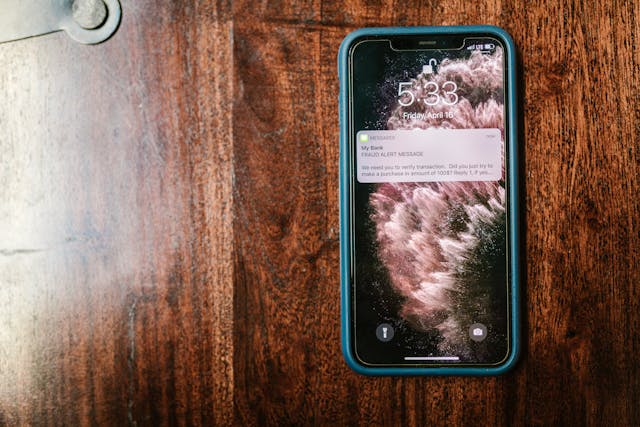
As a public relations manager at Allen & Gerritsen, Kelly Jackson requested three executives to mentor her, help navigate the workplace, offer advice, and answer her questions. After three years, Kelly Jackson became account director at Ogilvy, thanks to lessons she learned from her mentors. Building a mentor relationship enables you to gain confidence in several areas, such as asking for feedback and talking with people. You get to feel sure of yourself when preparing to transition and figure out what you need in the next career. Regardless of the level we are in in the career, we all need a mentor to guide us. People who have mentors are more content with their careers, earn a high salary, and get promotions faster. The majority of the professional accept that to have a mentor is advantageous, particularly at the formative stages of the career. This article explores tips to help you find out what you are after identifying a mentor and establishing a successful mentorship. You can start with getting best essay help and try to get help from an expert before you are reaching the real mentor.
Get to know who is a mentor and who is not.
A mentor guides and is a cheerleader. It helps you go through challenging circumstances such as taking stretch assignments or transitioning to a new role and inspiring you to seek new opportunities.
Be clear on your goals.
Before getting a mentor, reflect on what you want to learn. The majority of mentoring relationships’ objective is to help you overcome hurdles or transitions or help you be the best in your area.
Get the right people to be your mentors.
Once you identify the skills you need help with or the questions you have about the industry, look at the community surrounding you like college alumni network, family friends, and co-workers to get potential mentors.
Ensure you look for different viewpoints
You need to learn from someone who does not similar things to you. Mentors with different viewpoints have the potential to help you understand how to think more creatively, adjust your communication, and work with different people.
Reach out and build a relationship
One way exists in developing a mentoring relationship. The majority of the people get comfortable beginning a conversation with potential mentors and permitting the relationship to develop. You can invite a potential mentor for a cup of coffee and have a casual conversation with him or her on challenges you are facing, such as work.
Know what you want and be specific
Begin your initial outreach; this will assist your potential mentor in knowing your intentions. Hence you are the support you need and why you need their support and not anyone else. When you have a clear mind on what you intend to achieve and why this will help the mentor say yes.
Make your mentor’s life easy.
Respect your mentor’s time by being mindful of his or her logistics. It can mean getting a meeting place or setting up a Zoom call so that they show up and give you advice.
Listen and show that you value their feedback.
If the mentor recommends a suggestion or action, then demonstrate your attempt to incorporate their suggestions by emailing or informing them when you meet next.
Mentor will change with your career.
You will keep on changing mentors as you progress or advance in your career. With time, the people you choose as mentors might change based on where you are on your path and your needs.





